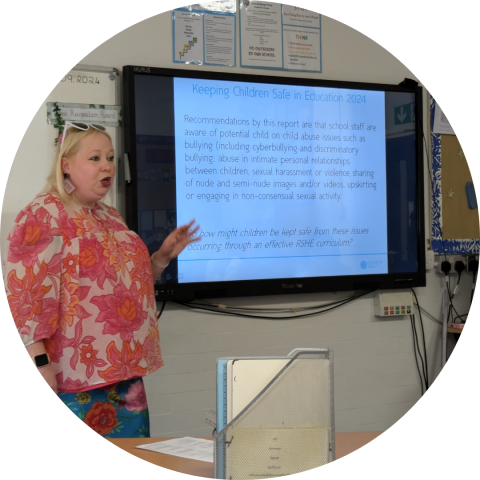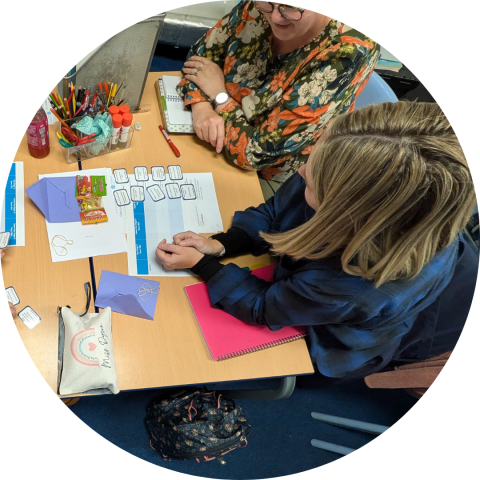Hand in hand with safeguarding measures, Relationships, Sex and Health Education (RSHE) is so important in helping keep children safe from abuse, something recognised in the recent Department of Education’s research report ’Teaching Relationships Education to Prevent Sexual Abuse.’ We’re passionate about teachers being confidently equipped to deliver RSHE topics, and we also believe that this education needs to start early in primary school – in age-appropriate ways.
Alarming Statistics
The NSPCC estimates that half a million UK children suffer abuse each year, with 2.5% of under 11s affected. Threats to children can be online or in person; from adults known to them; from criminal activity such as gangs; or from another child.
The National Police Chiefs' Council reports that 52% of all child sexual abuse cases involve children offending against other child and data from English and Welsh police forces from 2019 to 2022 suggested that there has been a 26% increase in cases of abuse where the perpetrator was a child aged under 10.
This is why talking to children early on is so important!
With your help and funding from the Benefact Trust, Rachel has been developing and piloting primary RSHE curriculum for the past 2 years. This academic year, she will be delivering training workshops for 250 primary teachers in Cheshire to help them grow in confidence and knowledge so they can better support the children in their care.
Examples of primary RSHE topics that contribute to safety are: keeping private parts private; safe boundaries and personal space; safe and unsafe touch; permission seeking in relationships; privacy and secret keeping; speaking up and reporting feelings of being unsafe; and online safety.

The workshops Rachel is delivering aim to build teachers’ confidence in using RSHE vocabulary and answering tricky questions in an age-appropriate way. For example, what to do if a child asks a question that is beyond their expected maturity level, or that goes beyond the statutory learning outcomes for Primary-aged RSHE, and how to deal with the safeguarding concerns that this might flag up.
If you have any concerns about what is being taught at primary age, please get in touch so we can put your mind at rest.
“The workshop was full of useful information: I was very impressed with the delivery and the content. The practical activities and discussions were very helpful in questioning what we thought we knew. I’d recommend the training to help teachers talk to children more openly about these subjects.” Feedback from workshop attendee

